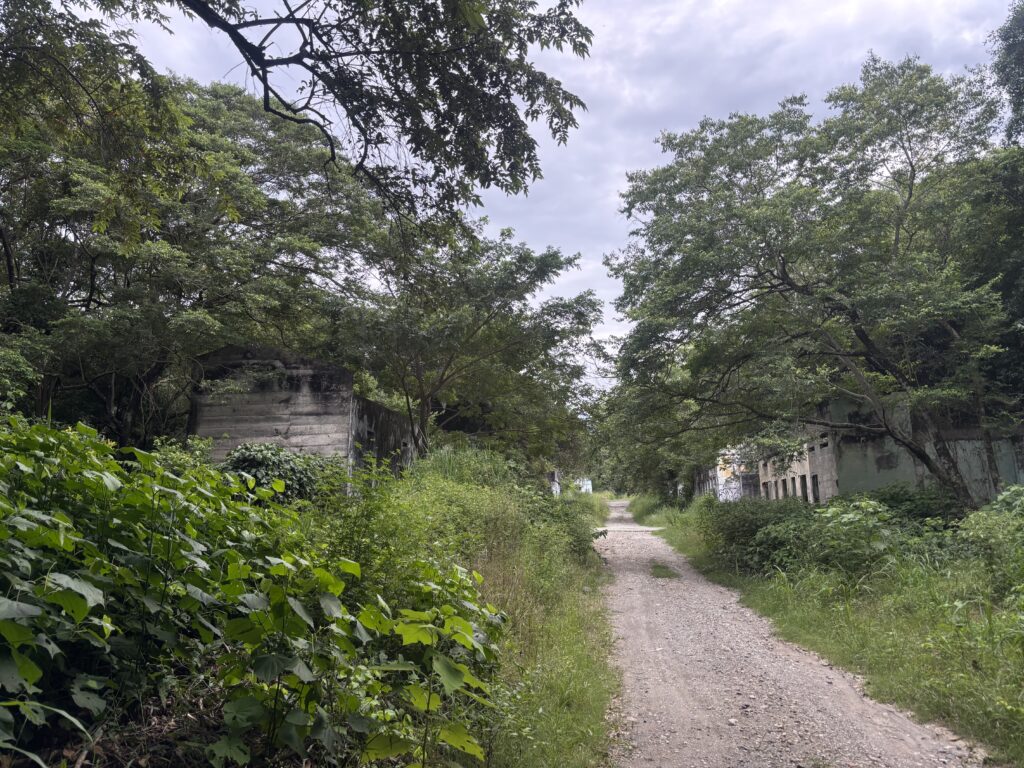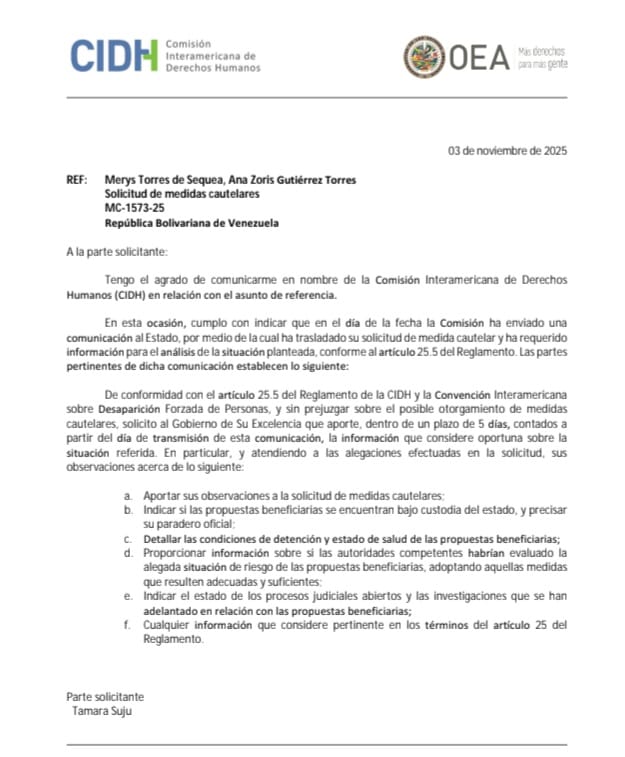A new agreement has been reached between the United States and Belize, fundamentally altering the landscape for those seeking asylum. The accord, officially signed on October 20, 2025, establishes Belize as a “Safe Third Country,” opening a new pathway for managing migration flows within the region.
However, the agreement isn’t immediate. Belizean officials have emphasized that full implementation hinges on crucial steps: ratification by their Senate and the creation of clear operational procedures. This deliberate approach underscores a commitment to upholding both Belize’s constitutional principles and its international legal obligations.
The initial term of the agreement is set for two years, with either nation retaining the right to terminate it. Belize will maintain strict control over the number of migrants accepted, carefully managing both the volume and the specific individuals admitted. The country will also regulate the number of asylum requests it processes annually.

The United States government swiftly acknowledged the agreement, expressing gratitude to Belize for its cooperation. Officials framed the accord as a significant step towards curbing illegal immigration and addressing perceived abuses within the U.S. asylum system, highlighting a shared commitment to regional challenges.
Belize is now part of a growing network of nations entering into similar arrangements with the United States. El Salvador, Costa Rica, Honduras, and Panama have already signed comparable agreements within the Americas. The practice extends beyond the region, with African nations like Rwanda, South Sudan, and Uganda having previously accepted individuals subject to deportation.
This isn’t a novel strategy for the United States. During the Trump administration, similar “Asylum Cooperation Agreements” (ACAs) were forged with governments in Central America’s Northern Triangle between 2019 and 2020. These agreements were later reversed upon the Biden administration taking office.
The previous ACAs saw significant movement of individuals. Guatemala, for example, reported over 700 Salvadoran and Honduran nationals being deported through its territory under the framework of those earlier agreements. The impact of these transfers raised complex questions about the safety and efficacy of the system.
More recently, Paraguay also joined the initiative, signing an agreement in August. Secretary of State Marco Rubio affirmed that asylum seekers currently within the United States would be afforded the opportunity to pursue their claims within Paraguay’s borders, signaling a continued push for regional solutions.
The signing of this agreement with Belize represents a renewed effort to reshape migration policy, relying on international partnerships to manage complex challenges at the border and within the asylum system. The coming months will be critical as Belize works to finalize the necessary procedures for full implementation.






